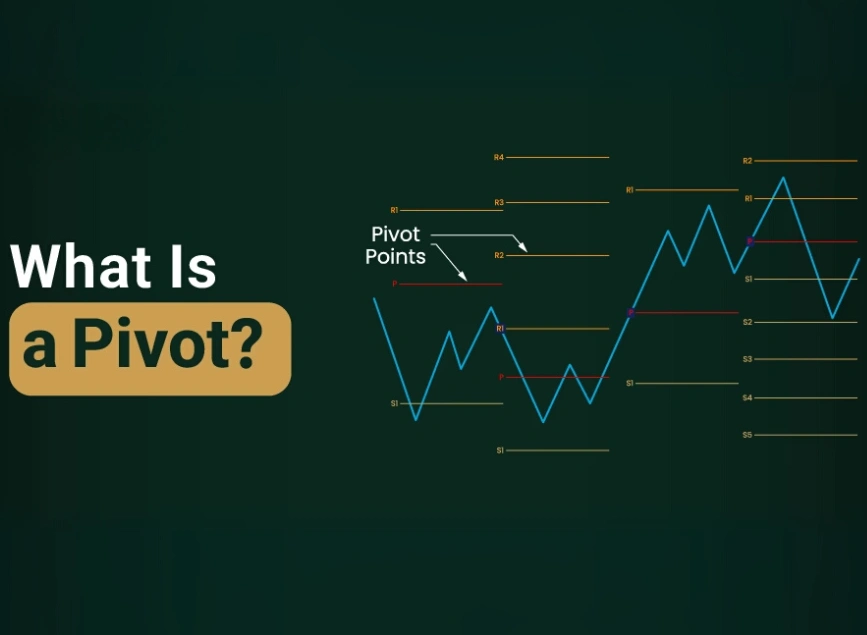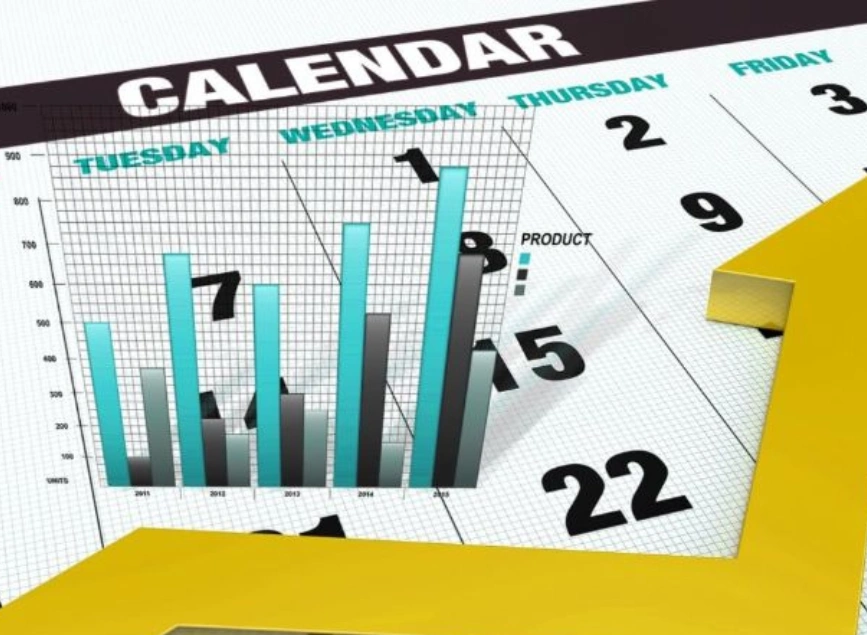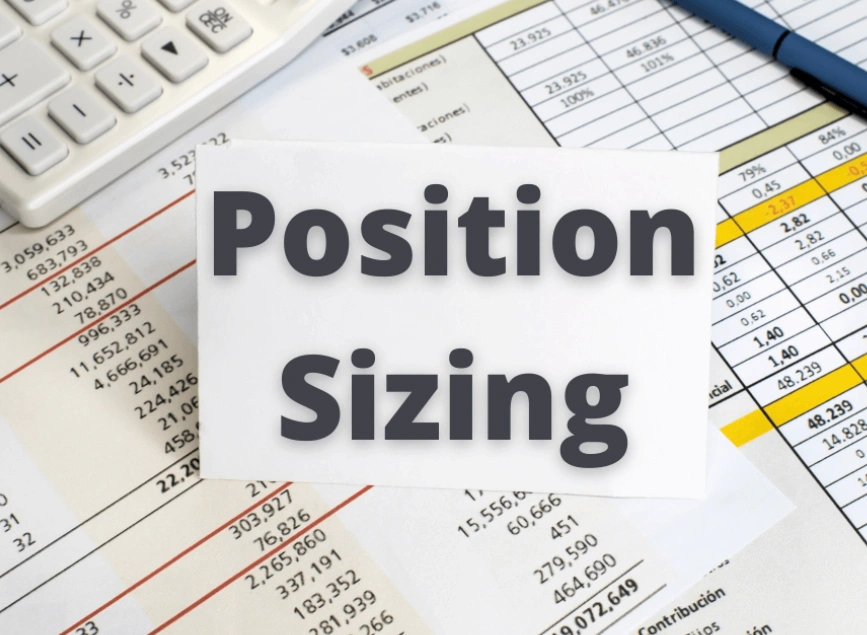
What is CPI and How Does It Impact Financial Markets?
Estimated reading time: 5 minutes
Table of contents
- What is the Consumer Price Index? A Comprehensive Definition
- Why is CPI Important? Its Impact on the Economy
- CPI and Economic Policy: The Role of Governments and Central Banks
- How Traders Use CPI in Their Strategies
- 10 Key Points Every Trader Should Know About CPI
- Conclusion: The Impact of CPI on the Economy and Financial Markets
The Consumer Price Index (CPI) is one of the most essential economic indicators, measuring the average change in prices paid by consumers for a basket of goods and services. It serves as a crucial gauge of inflation and plays a significant role in economic policies and investment decisions. In this article, we’ll break down the definition, calculation, and impact of CPI on the economy and financial markets, and explore how traders use it in their strategies.
What is the Consumer Price Index? A Comprehensive Definition
The Consumer Price Index tracks the changes in the cost of a fixed basket of goods and services commonly consumed by households. It is one of the primary tools used to measure inflation and is widely regarded as a key indicator of a country’s economic health. CPI directly influences central bank policies and can be pivotal in shaping investment decisions.
How is CPI Calculated?
CPI is calculated based on the price changes in a specific basket of goods and services, typically including categories like:
- Food and beverages
- Housing
- Clothing
- Transportation
- Healthcare
- Education and recreation
- Other goods and services
Each country’s central banks and statistical agencies regularly update this basket to reflect current consumption patterns. The Consumer Price Index is calculated using the following formula:
л= [(CPI in current year – CPI in previous year)/CPI in previous year]x 100%. 2014 140 Inflation rate (π) = [(140-120)/120] x100% = 16.7% > 0. (1) We have inflation. (2) The cost of living rises and the value of money decreases.
Where:
- Cost of goods and services in the current period
- Cost of goods and services in the base year
- Weight of each item in the consumption basket
Why is CPI Important? Its Impact on the Economy
CPI is one of the most critical indicators of a country’s economic health. It influences various aspects of the economy, including:
Inflation and Purchasing Power
An increase in the CPI typically signals higher inflation, which erodes consumers’ purchasing power, as they can afford fewer goods and services for the same amount of money.
Interest Rates
Central banks rely on Consumer Price Index data to adjust monetary policy. If CPI rises too quickly, it may prompt central banks to raise interest rates to cool down inflation. Conversely, a decrease in CPI may lead to lower interest rates to stimulate economic activity.
Currency Value
High inflation (indicated by a rising CPI) can result in a weaker currency, as investors seek more stable assets, reducing the demand for the national currency.
Labor Market
When Consumer Price Index rises and wages do not keep pace with inflation, consumers’ purchasing power diminishes, potentially reducing demand for goods and services and affecting overall employment levels.
CPI and Economic Policy: The Role of Governments and Central Banks
Governments and central banks use CPI to guide critical economic decisions:
Monetary Policy Decisions
If CPI increases too much, central banks may raise interest rates to prevent runaway inflation. Conversely, in times of low inflation or recession, they may reduce rates to stimulate economic growth.
Tax and Subsidy Policies
Governments may adjust tax policies or introduce subsidies to support lower-income groups if Consumer Price Index increases sharply, particularly for essential goods like food and housing.
Adjusting Wages
Many countries adjust minimum wage levels and public sector salaries based on CPI changes to compensate for inflation and maintain workers’ purchasing power.
Read More: Bitcoin’s Bullish Rally: Can CPI and the Fed Trigger a Correction?
How Traders Use CPI in Their Strategies
Traders and investors use Consumer Price Index as a fundamental analysis tool to predict market movements and plan their investment strategies. Here’s how they approach it:
Forex Market
If CPI in a country exceeds expectations, it often signals that the central bank may raise interest rates, which can strengthen the national currency. Forex traders may act on this by buying the currency before the data is released or reacting to significant discrepancies between actual and forecasted CPI.
Stock Market
Rising Consumer Price Index typically leads to higher production costs for companies, which can reduce profits and cause stock prices to fall, especially for businesses that are sensitive to input costs. On the other hand, companies in sectors like energy and commodities may benefit from inflation, driving their stock prices up.
Bond Market
Higher inflation, signaled by a rising CPI, often leads to higher interest rates, which reduces the value of existing bonds. Investors may sell bonds to avoid potential losses, leading to a drop in bond prices.
Commodities and Gold
Consumer Price Index is also an essential tool for predicting trends in commodities and precious metals like gold, which tends to rise in times of inflation, as investors flock to these assets as a hedge against the depreciating value of fiat currencies.
10 Key Points Every Trader Should Know About CPI
- CPI is a key inflation indicator used in trading decisions.
- A rising CPI typically leads to higher interest rates set by central banks.
- A falling Consumer Price Index can signal a potential economic recession.
- Forex traders use CPI to forecast changes in currency exchange rates.
- In inflationary periods, assets like gold and commodities tend to attract more investment.
- Analyzing Consumer Price Index alongside the Producer Price Index (PPI) provides a better overall view of inflationary pressures.
- Some countries track Core CPI, which excludes volatile food and energy prices to focus on underlying inflation trends.
- Traders must compare market expectations with actual CPI data to respond appropriately.
- Consumer Price Index data is released monthly and is a significant event for traders in various asset classes.
- Understanding CPI trends helps investors prepare for economic shifts and make timely trades.
Conclusion: The Impact of CPI on the Economy and Financial Markets
The Consumer Price Index (CPI) plays a central role in shaping both economic policy and financial markets. As a primary tool for measuring inflation, it influences everything from interest rates to currency value, making it essential for traders and investors. By analyzing CPI data, traders can gain valuable insights into market movements and adjust their strategies accordingly. Ultimately, understanding how CPI works and its effect on the economy is key to making informed investment decisions and thriving in the ever-changing financial landscape.
Share
Hot topics

Best broker for gold trading
There’s always been a certain magic about gold. Before online charts and trading applications, people stored their wealth in coins and bars, trusting that gold would retain its value during...
Read more




Submit comment
Your email address will not be published. Required fields are marked *